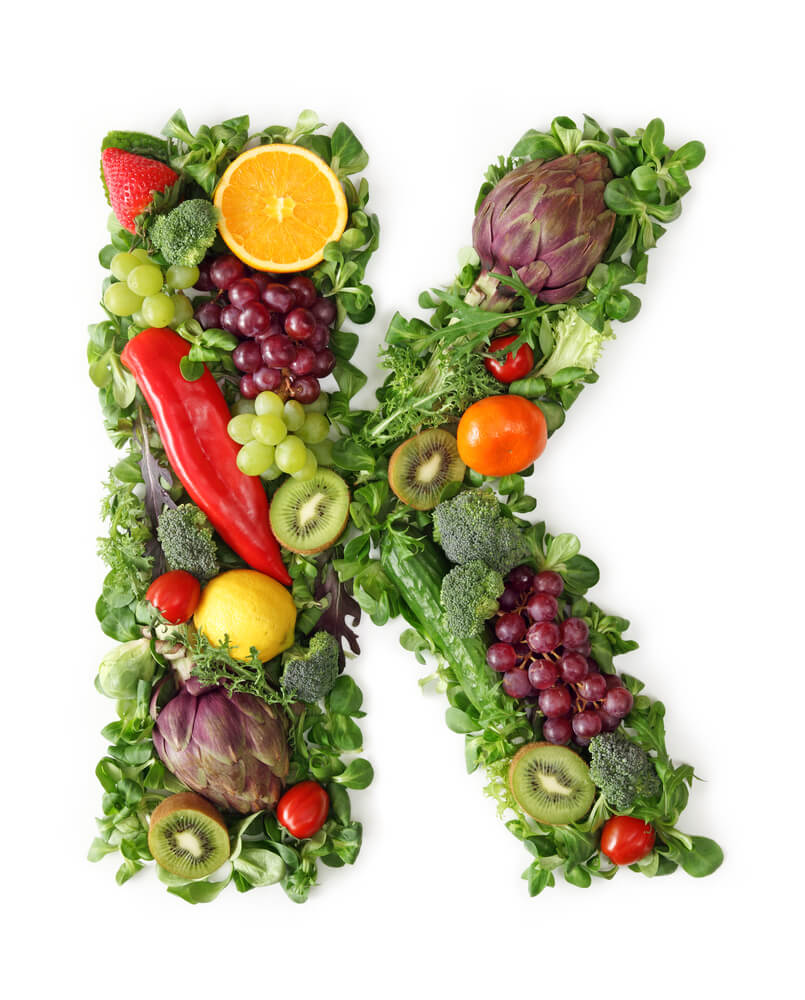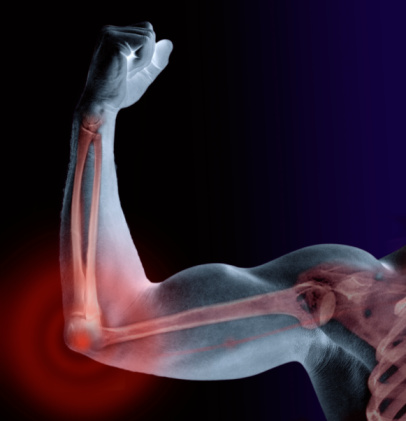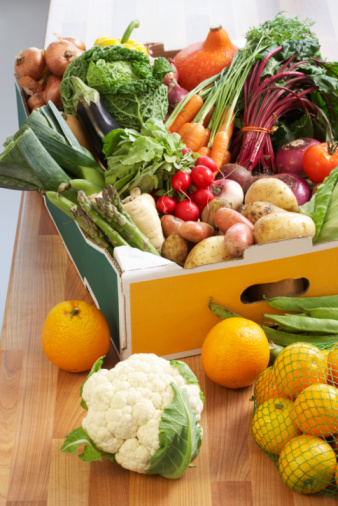
The Special Things Vitamin K Does For Your Body
When an injury occurs and there is a tear in the blood vessels, an automatic process called amalgamation of prothrombium happens. Blood clotting is made up of a group of molecules that continuously move through the bloodstream. Vitamin K assists in regulating blood clotting by means of transporting calcium along the bloodstream.
Osteoporosis affects mostly women over 50 especially those who are post-menopausal. Pain, spinal deformity, and fractures are seen in individuals suffering from this type of bone disease. It is necessary to increase the intake of vitamin K rich foods like green leafy vegetables, broccoli, Brussels sprouts, and even cow’s milk. To get the most out of vitamin K benefits for good bone health, women should not wait for the signs of osteoporosis but instead add vitamin K rich foods to their diet early on.
When a woman experiences excessive menstrual bleeding, it is possible that she is vitamin K deficient. Vitamin K benefits a woman suffering from too much menstrual bleeding by helping reduce the flow of blood. Another one of the vitamin K benefits for women is that it assists in reducing pain due to menstruation.
If a pregnant woman is deficient in vitamin K, she may suffer from nausea and vomiting. Intake of vitamin K will provide her with relief.
The pancreas, where insulin is made, contains a high level of vitamin K. The presence of vitamin K plays a vital role in regulating the amount of blood sugar the body produces.
The build-up of calcium inside the tissue, or calcification, can become a serious problem that may lead to cardiovascular disease. Vitamin K helps prevent calcification by contributing to the process (mentioned again) called carboxylation. This process produces the matrix Gla protein (MGP) that directly prevents calcium from forming in tissue. Without a proper supply of vitamin K, and thus MGP, the body is at greater risk of atherosclerosis, cardiovascular disease, and stroke.
Though vitamin K has not been shown to be an antioxidant in the same sense as vitamin C and E, the basic forms of vitamin K, including phylloquinones and menaquinones, have been shown to protect cells from oxidative stress.
Healthy vitamin K levels have been shown to significantly lower the release of the glycoprotein interleukin-6, a marker of inflammation within the body.
The myelin sheath, or the outer wrapping around a nerve, needs sphingolipids (a crucial fat) to form properly. Vitamin K is known to be essential for the synthesis of the sphingolipids, and therefore proper brain and nervous function.
Vitamin K (phytonadione), is not a single vitamin, but a cluster of vitamins that fall into two main groups: K1 (phylloquinones), which are made from plants and found in vegetables, and K2 (menaquinones), which are made from bacteria. Fat soluble and found in the small intestines, vitamin K is important for blood clotting by helping the body transport calcium, preventing bone loss and decreasing the risk of bone fractures and may prevent calcification of arteries and other soft tissues.
Please note: Vitamin K3 (menadione) is a synthetic form that is manmade and not recommended for use as a nutritional supplement.
Vitamin K also has 80 nutrients including antioxidants, enzymes, amino acids, minerals, vitamins, herbal extracts, bioflavonoids, carotenoids, neuronutrients plus other ingredients that repair and keep the body at its most functional.
Signs of vitamin K deficiency may be present when your body is not effectively blood clotting, or if you have signs and symptoms of osteoporosis. Symptoms may include easy bruising, gastrointestinal bleeding, excessive menstrual bleeding and blood in the urine. People highest at risk for vitamin K deficiency include those with chronic malnutrition, alcohol dependency, and anyone with health conditions that limit absorption of dietary vitamins.
Sadly, numbers of people with osteoporosis across the country are rising due to our acidic diets and lifestyles. The amount of vitamin K rich foods are not being consumed enough in the typical modern households, which get less than two servings of fruits or vegetables a day. The most promising bunch of vegetables that pack that K punch for optimal bone health? Look toward leafy greens, which are well equipped with K, especially Swiss or rainbow chard, kale, parsley, mustard greens, green beans, asparagus, spinach, broccoli, cauliflower, Brussels sprouts, liver, soybean oil, wheat bran, and fermented foods like sauerkraut, ripe cheese, yogurt and a fermented soy food known as natto. Fermented foods have been reported to be most beneficial for bone health, and is a result of the Vitamin K2 produced by the good bacteria.
The absorption of K1 from different foods is considerably higher or lower depending on the type of vegetable. Half a cup of cooked kale, for instance, is the most potent food that has the highest amount of K (630 mcg), whereas a half cup of romaine lettuce only has a small trace in comparison (25 mcg). Additional vegetables with high levels of K include: collard greens (520 mcg), cooked spinach (510 mcg), turnip greens (425 mcg), beet greens (320 mcg), turnip greens (270 mcg), broccoli (110 mcg), and asparagus (75 mcg).
Adults and children who eat three to five servings of foods that provide a significant source of vitamin K as part of a balanced diet may already be obtaining enough vitamin K, and may not need supplementation. People who may benefit from supplemental vitamin K are babies (who usually get a shot of vitamin K at birth) and those with digestive diseases.
Men need 120 mcg of vitamin K, while women only need 90 mcg. Women age 19 or older who are pregnant or breast-feeding should also get 90 mcg of vitamin K daily.
Children between 9 and 13 years of age need less than 60 mcg of vitamin K to meet their daily needs. Younger children need even less: 55 mcg for children between 4 and 8 and 30 mcg for children between 1 and 3 years of age. Children under 1 should not take vitamin K supplements unless indicated by a health care provider.
While no known toxicity is associated with vitamin K, high doses may cause numbness or tingling in the extremities.
Blood-thinning medications, such as Coumadin, will counteract and reverse its effects if used in conjunction with supplements of vitamin K. Also, those on this medication should consult with their physician before increasing the consumption of foods high in vitamin K.
Resources: National Institute of Health, Livestrong, Dr. Andrew Weil, and Oregon State University, MayoClinic, WebMD
